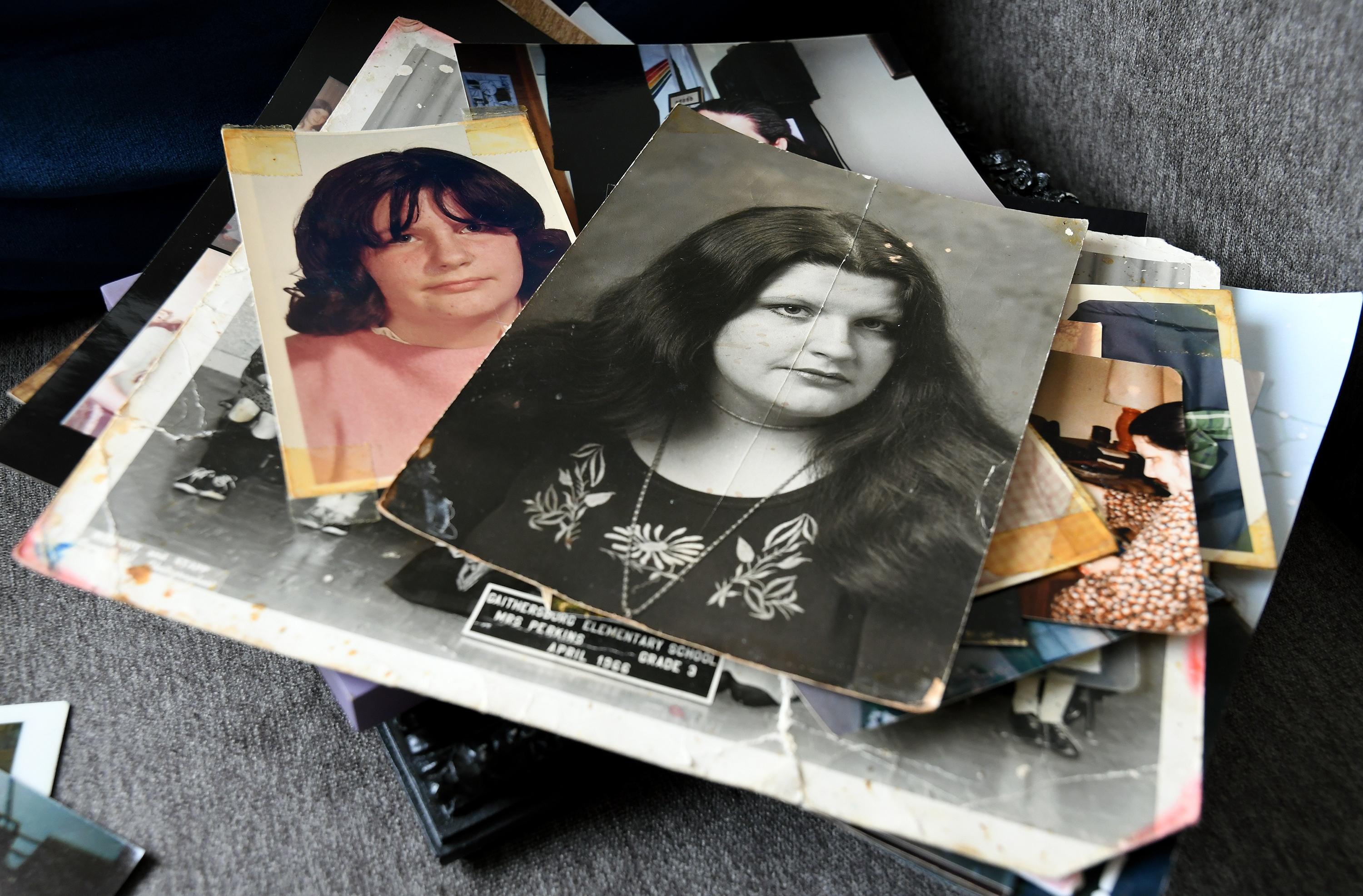Editor’s Note: This story contains mention of self-harm. If you or someone you know is considering suicide or other acts of self-harm, please contact Colorado Crisis Services by calling 1-844-493-8255 or texting “TALK” to 38255 for free, confidential, and immediate support.
A tragic murder-suicide case that left three young Colorado children parentless has led to a new legal precedent for who can be considered a grandparent in the state.
In 2020, 33-year-old Brandon Sullivan killed himself and his wife Amanda in their Delta County home, leaving behind a 2-year-old child and infant twins. Amanda’s parents, Suzanne and August Nicolas, took custody of the children and later adopted them.
Sullivan’s parents, Jayne and Daniel Sullivan, later requested grandparent visitation rights for the three children which were granted by a court. But in 2022, the Nicolases filed a motion for relief from the court’s ruling, arguing that “following their adoption of the children, the Sullivans were no longer the children’s grandparents, meaning they lacked standing to seek grandparent visitation.”
The request relied on the present-tense language in Colorado law which defines a “grandparent” as “a person who is the parent of a child’s father or mother, who is related to the child by blood, in whole or by half, adoption, or marriage."
After several volleys through the lower courts, the state Supreme Court justices reversed an earlier decision to grant the Sullivans visitation rights Monday on a 4-3 vote. Justices Brian Boatright, Carlos Samour, Melissa Hart and William Hood formed the majority. Justices Maria Berkenkotter, Richard Gabriel and Chief Justice Monica Marquez dissented.
Justice Boatright delivered the majority opinion saying that the justices “recognize that this loss, and the uniquely difficult circumstances that surround it, present profound challenges for those involved, for which there is almost assuredly no satisfactory legal outcome. Despite this, we must rule for one party and against the other.”
The decision ultimately held that “after children are adopted, the parents of a deceased father or mother lack standing to seek grandparent visitation.”
Berkenkotter delivered a dissenting opinion, writing in part “If the General Assembly intended to limit a grandparent’s standing in this fashion, it could have included an adoption exclusion, yet, it did not do so.”
She went on to say when a child loses a parent, regardless of their age, their parent remains their parent forever. “A biological parent is a parent in life and in death. The biological relationship does not change if a young child loses both parents and is later adopted,” she wrote.
“The question of whether the Sullivans should be allowed to have grandparent visitation with their three grandchildren is not the issue before us. Rather, the question we address is whether the Sullivans have the legal right to even ask for visitation. It is ultimately up to the trial court to decide if the Sullivans should be granted visitation,” Berkenkotter said.
CPR News reached out to the lawyers for both families and has not yet heard back. It is unclear whether the Sullivans will pursue a trial.
Editor's Note: This story was updated to fix a pronoun error.








